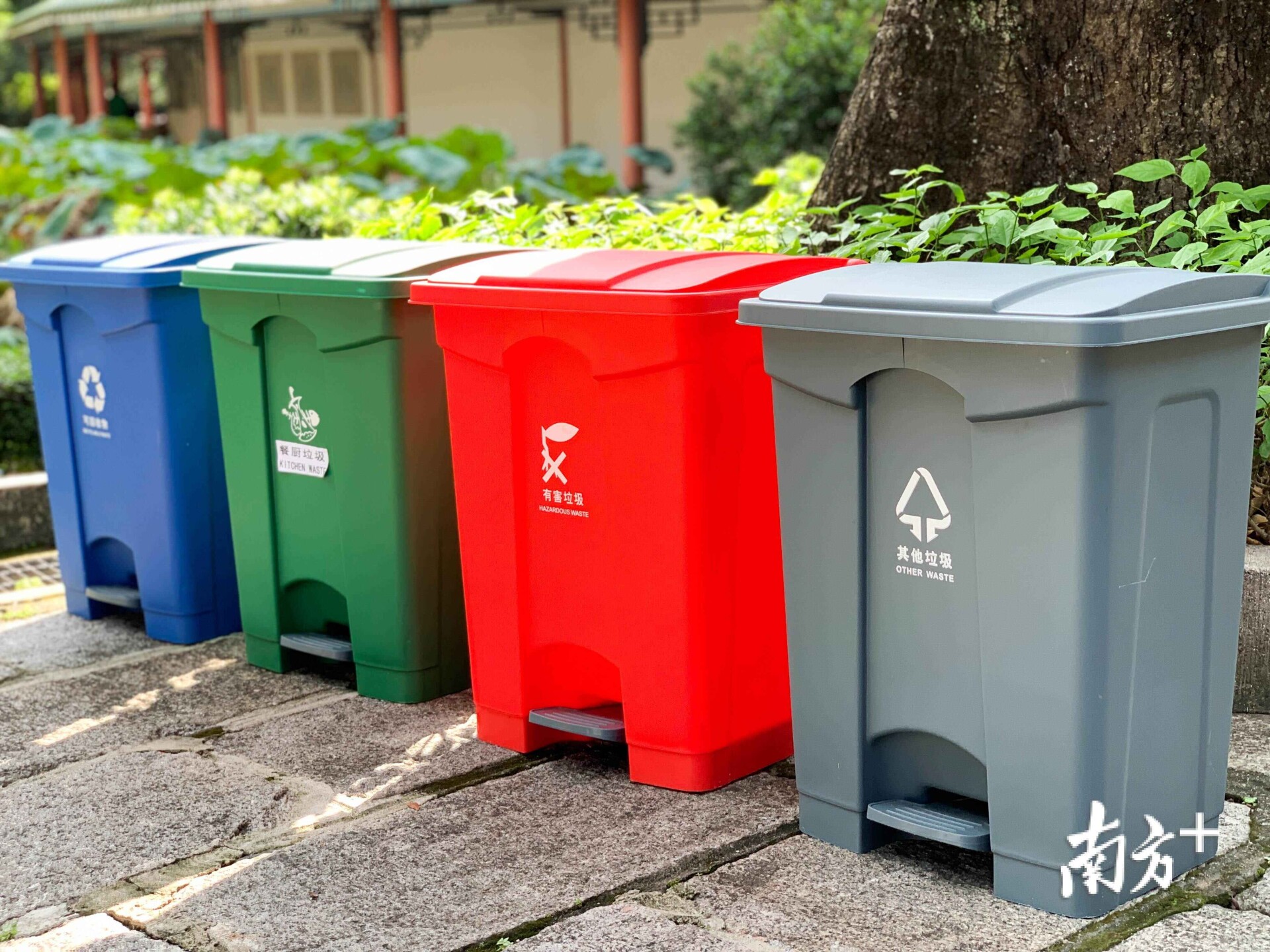Starting in September, multiple local regulations will come into force in cities such as Guangzhou, Shantou, Zhongshan, and Zhuhai. These regulations cover areas including data resource development, construction waste management, and mosquito-borne disease prevention and control, aiming to address public concerns and enhance urban governance.

(Photo: Nanfang Plus)
The newly revised Regulations of Guangzhou Municipality on the Management of Construction Waste systematically standardize the entire lifecycle of construction waste, covering its generation, transportation, disposal, and comprehensive utilization. Key provisions include: (1) Transport vehicles must display uniform identification and the supervision hotline "12345"; (2) Mixing construction waste with domestic garbage or other types of waste for disposal is strictly prohibited; (3) Vehicles must adhere to designated times and routes, be fully enclosed during transport, and be equipped with monitoring devices. In terms of penalties, entities or individuals found discharging, transporting, disposing of, or comprehensively utilizing construction waste without the proper permits will face fines. Enterprises may be fined between 100,000 and 300,000 yuan, while individuals may face fines ranging from 10,000 to 50,000 yuan.
The Regulations of Shantou Municipality on Patriotic Health Campaigns explicitly incorporate patriotic health initiatives into national economic and social development plans as well as performance assessments. Regarding tobacco control, the regulations stress the management responsibilities for designated smoke-free premises, mandating the placement of uniform signage and supervision hotlines. Additionally, warnings or fines will be imposed for persistent violations of smoking bans despite prior warnings. For vector control (prevention and management of disease-transmitting organisms), a unit accountability system is implemented. Key locations are required to designate specific personnel to oversee related efforts. Coordinated operations, focused on eliminating unhygienic blind spots and breeding grounds for vectors, must be conducted at least once a month.
In response to practical issues such as irregular pre-approval procedures for land expropriation, weak enforcement of compensation fund allocation, and insufficient rigidity in resettlement measures, the Regulations of Shantou Special Economic Zone on Land Expropriation mandate the completion of key procedures prior to land expropriation approval. These procedures include pre-announcement, current land status surveys, social stability risk assessments, compensation and resettlement announcements, compensation registration, and agreement signing. Additionally, it implements a pre-deposit system for compensation fees and social security expenses, stipulating that no land approval shall be granted without full pre-deposit. Regarding compensation and resettlement, the regulations specify that compensation shall be calculated based on the comprehensive land price per zone and legal standards. They also establish a reserved land system, requiring that 10% to 15% of the actual expropriated land area be allocated as reserved land or converted into equivalent monetary compensation. Furthermore, the regulations encourage stable income-generating projects, such as capital contributions through the valuation of compensation fees or the right to use reserved land.
The Decision of the Standing Committee of the People's Congress of Zhongshan Municipality on Mosquito-Borne Disease Prevention and Control officially came into effect on August 27. This Decision outlines the responsibilities of both units and individuals in maintaining environmental hygiene, clearing stagnant water and waste, and installing mosquito-proof facilities. Property service companies are required to implement measures for clearing and eliminating mosquito breeding sites within residential communities, as well as conducting disinfection. In emergency situations, the government may activate emergency response plans, implement zoned prevention and control measures, and disclose relevant information. Relevant units and individuals must cooperate with these prevention and control efforts. Individuals infected with mosquito-borne diseases, close contacts, and other affected groups shall, in accordance with the guidance of disease prevention and control institutions or medical institutions, voluntarily undergo and cooperate with medical examinations and prevention and control management.
To unlock the potential of data resources, the Regulations on the Development and Utilization of Data Resources in Zhuhai Special Economic Zone encourage the integration of fiscal funds with diversified investments to support the development of data infrastructure. The regulations promote the coordinated advancement of computing power, networks, and data circulation/utilization facilities, while also supporting the development of cross-border service-related platforms. Before procuring non-public data using fiscal funds, data resource registration shall, in principle, be conducted. Meanwhile, market entities are encouraged to proactively register their non-public data.
Editor | Zhang Xuanzhen (intern), Wei Shen, James Campion, Shen He
















